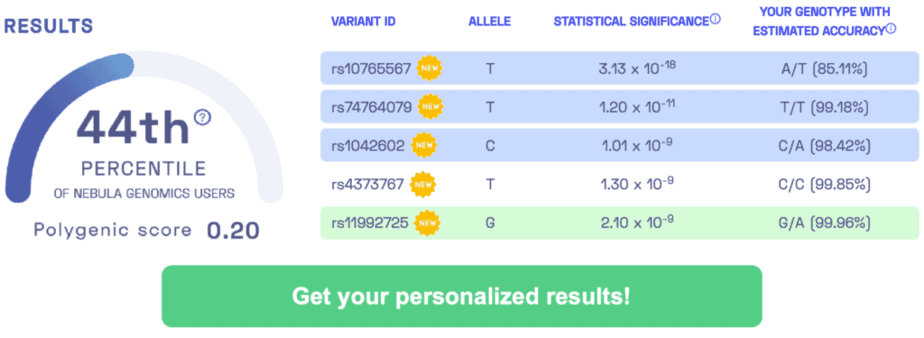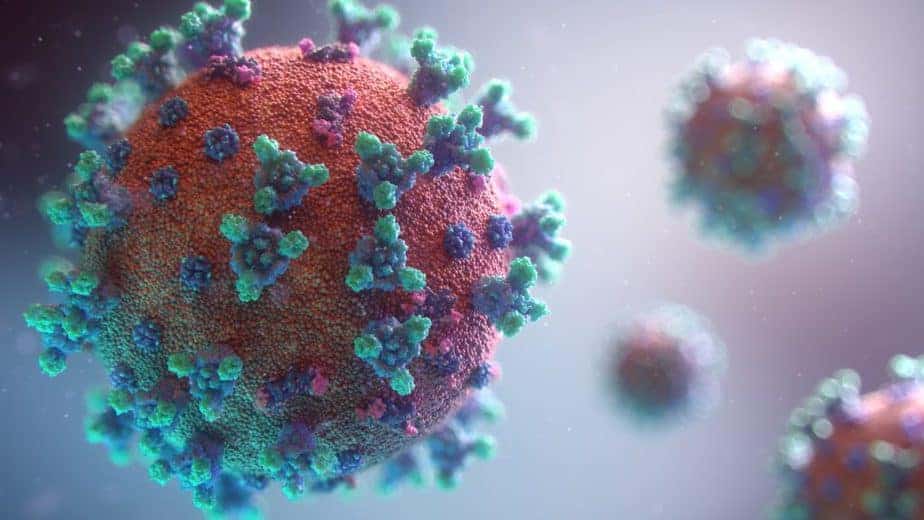SUMMARY: Identification of a genetic variant associated with a decreased risk of SARS coronavirus infection.
OVERVIEW: The severe acute respiratory syndrome (SARS) coronavirus emerged in 2003 in China. In little over a year, it infected 8000 people and caused over 900 deaths across the world. Typical symptoms include high fever, headache, and a dry cough. Previous studies have shown that interferons can inhibit the replication of the SARS coronavirus by inducing production of antiviral proteins like MxA. This study demonstrated that a genetic variant (rs17000900) near the MxA gene influences its activity when cells are exposed to interferons. The study also examined the genetic information of over 1200 individuals of Chinese descent and established a relationship between this genetic variant and risk of SARS coronavirus infection. The results suggest that the A allele of the rs17000900 variant is linked to a decreased susceptibility to SARS coronavirus infection. (Note: This study is not a genome-wide association study. Only a few variants were genotyped selectively.)
DID YOU KNOW? Coronaviruses are also responsible for the MERS (Middle East Respiratory Syndrome) pandemic in the early 2010s. [SOURCE]
SAMPLE RESULTS: Learn more about the Nebula Research Library.

SARS CORONAVIRUS ANALYZED VARIANTS: rs17000900
ADDITIONAL RESOURCES:
Severe acute respiratory syndrome (SARS)
Lesson learned from SARS outbreak (Video)
WEEKLY UPDATE: March 23, 2020
For updates on the genetics of COVID-19 visit: https://nebula.org/blog/category/science/
You can learn more about at-home coronavirus tests in our review!
